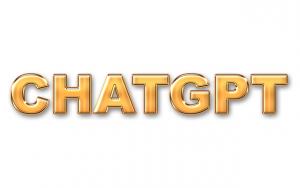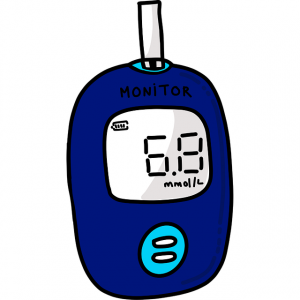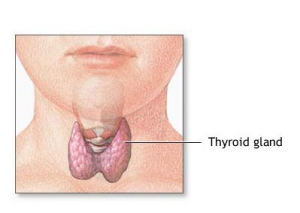Mortality and morbidity. As we get older, we start to think about ways to reduce the risk of an early death. We want to reduce the risk of living out our lives in ill health.

We think about diet, exercise, 10,000 steps a day, hobbies, social contact. But, do we think about our selenium intake and status? Now, some large survey studies conducted in the US have shown that higher selenium status is significantly associated with lower mortality.
Each year, the National Health and Nutrition Examination Survey (NHANES) in the United States conducts surveys that focus on different population groups or health topics. This week, we present data from studies of selenium status and mortality.
Selenium Status and Type 2 Diabetes
Qiu et al examined the data from 3199 adults with type 2 diabetes. Their analysis showed that higher serum selenium concentrations are associated with lower all-cause mortality and lower heart disease mortality among individuals with type 2 diabetes [Qiu 2022].









